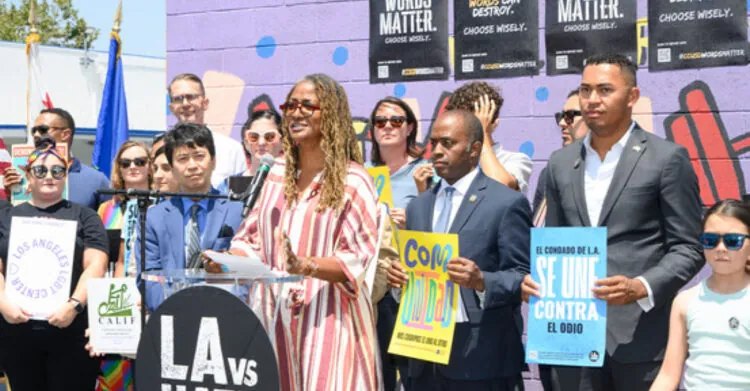In a groundbreaking move, U.S. Surgeon General Vivek Murthy recently declared gun violence as a pressing public health crisis. After extensive deliberation, he released a comprehensive report that sheds light on the profound impact it has on society.
Jason Corburn, a professor at UC Berkeley School of Public Health, has long viewed gun violence as a public health issue. Recently, he wrapped up a course at Berkeley School of Public Health where he taught students how to effectively tackle this problem.
Berkeley Public Health offered its inaugural course on urban gun violence prevention, titled “Urban Gun Violence Prevention: A Public Health Perspective.”
According to Corburn, gun violence is undeniably a significant cause of disability, injuries, and death for Americans, irrespective of one’s stance on guns. He emphasizes that gun violence not only inflicts trauma and stress but also stems from unresolved traumas. Corburn asserts that urban gun violence is a matter of community health equity, as it predominantly affects Black and Brown youth, men under 35 years old, and hyper-segregated neighborhoods.
According to Corburn, firearm violence not only affects individuals directly or through witnessing it but also has an impact on the wider community. This highlights the fact that firearm violence is not just an issue that affects specific individuals, but also has broader implications for the community as a whole.
Firearm-related injuries, including suicides and homicides, are the leading cause of death among children and adolescents (ages 1 to 19) in the United States. Shockingly, the burden of these tragic incidents is disproportionately borne by the Black community. It is distressing to note that homicide ranks as the primary cause of death for Black men under 44 years old in the United States. The statistics highlight the urgent need for effective measures to address this grave issue.
Urban gun violence, also known as “street violence” or “community gun violence,” refers to acts of violence that occur in public spaces between individuals who are not intimately acquainted with each other. This type of violence is different from domestic violence, mass shootings, or suicide incidents.
According to Corburn, the purpose of offering this course is to draw attention to the prevalent issue of urban gun violence. He believes that although mass shootings often dominate the headlines, the ongoing urban gun violence in specific communities is frequently overlooked. Corburn emphasizes the importance of addressing this epidemic, as it continues to harm these communities repeatedly.
Corburn, along with Joe Griffin and DeVone Boggan, co-taught the class. Griffin, who holds an MPH and DrPH from Berkeley Public Health, serves as the executive director of Youth ALIVE!, a nonprofit organization based in Oakland that is dedicated to reducing violence.
Boggan, a UC Berkeley graduate, serves as the CEO of Advance Peace and previously held the position of director at Richmond’s Office of Neighborhood Safety (ONS). Corburn has been collaborating with Richmond’s ONS and Advance Peace since 2007.
The seminar was designed in a way that incorporated various elements such as readings, videos, and discussions with researchers and practitioners. At the core of the course was an examination of structural racism in America and its impact on society. It specifically delved into policies like redlining, dehumanizing policing, and environmental injustices, which contribute to the social, spatial, and institutional factors that fuel gun violence.
Each class also had the privilege of hosting guest speakers from prominent research and governmental organizations across the country. These esteemed guests, many of whom had personal encounters with gun violence, guided the students in engaging discussions on various topics such as street outreach, participant engagement, hospital-based interventions, the role of media, and other potential solutions to address urban gun violence.
Greg Jackson, the deputy director of the first White House Office of Gun Violence Prevention, created in 2023, was among the notable speakers. Abené Clayton, a journalist involved in The Guardian’s Guns and Lies in America project, was also present. Joining them were David Muhammad, the executive director of the National Institute for Criminal Justice Reform, Dr. Shani Buggs and Dr. Kravitz-Wirtz from UC Davis’s Violence Prevention Research Program, and Sam Vaughn, the director of Richmond’s Office of Neighborhood Safety (ONS), among others.


